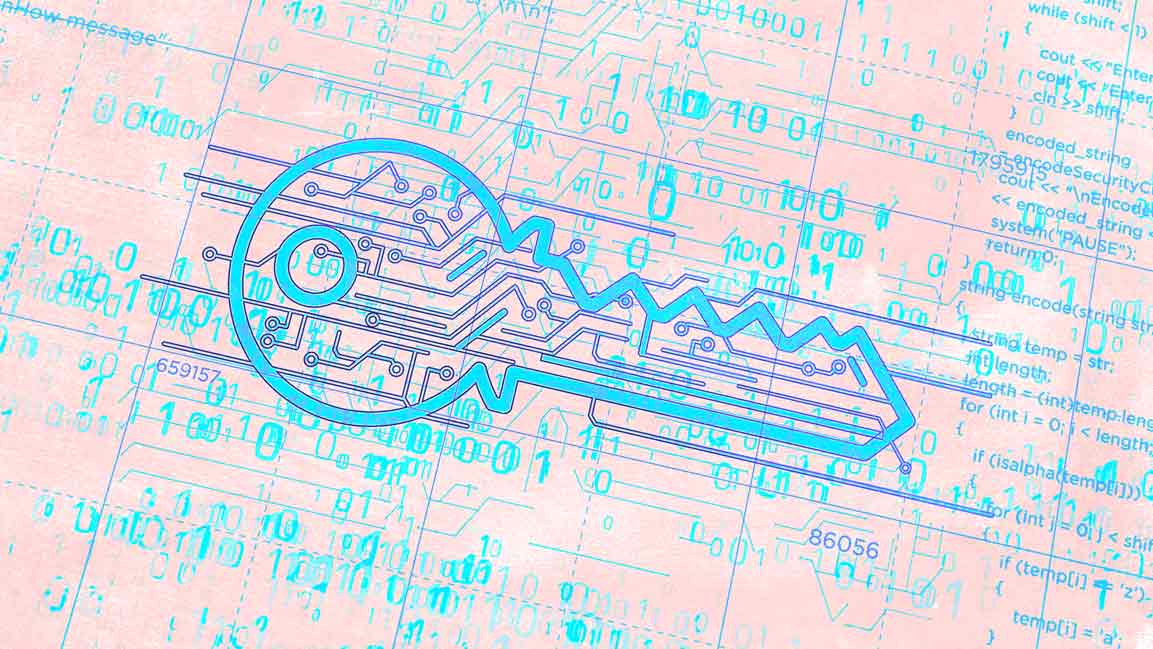UAE Approves National Encryption Policy for a Post-Quantum Shift
Nationwide migration to post-quantum standards will be overseen by the UAE Cybersecurity Council.
News
- MBZUAI Unveils K2 Think V2, Advancing the UAE’s Push for Fully Sovereign AI
- ENEC, TII, and ASPIRE Partner to Advance Autonomous Aerial Systems
- OpenAI Bets on AI to Streamline Scientific Research Workflows
- AI Use Is Rising at Work but Productivity Gains Lag
- Meta Signals Shift Toward Paid Features With Subscription Tests Across Its Apps
- All LLMs Are Trained on the Same Data’: Oracle Chief Flags AI’s Biggest Challenge

The United Arab Emirates has approved its National Encryption Policy, along with its executive regulation, as it moves towards post-quantum cryptography.
The new framework requires government entities to develop clear, formally approved roadmaps for shifting from traditional encryption techniques to quantum-resistant systems as developments in quantum computing threaten the integrity of existing cryptographic standards.
The policy underscores the UAE’s long-term ambition to establish a secure, modern digital infrastructure capable of withstanding next-generation cyber risks. It also aligns with the country’s broader strategy to become a global AI hub. Officials say the transition to post-quantum encryption is no longer optional but a strategic necessity for national security.
Under the policy, the UAE Cybersecurity Council will oversee the nationwide migration to quantum-safe encryption. The council will collaborate with government entities to ensure that the new standards are implemented consistently, supported by detailed transition plans and robust compliance mechanisms. Its responsibilities include developing mitigation strategies for quantum-related threats, especially in sensitive systems that rely on cryptographic components.
The council will also evaluate digital infrastructure across the government and private sectors. These assessments will measure the readiness, integrity, and compliance of software, hardware, AI systems, and other technical components with national and international standards. Entities that meet the criteria will be eligible for technical accreditation, enabling them to deploy quantum-safe solutions.
The testing and verification framework is structured around four core pillars: AI reliability, software reliability, hardware reliability, and signal reliability.
Mohammed Al-Kuwaiti, Head of Cybersecurity for the UAE government, stated that the decision reflects the leadership’s commitment to enhancing the UAE’s global standing in digital trust, AI, and advanced technologies. According to Al-Kuwaiti, encryption and information security pose increasingly complex challenges in an era defined by rapid digital transformation and expanding attack surfaces.







